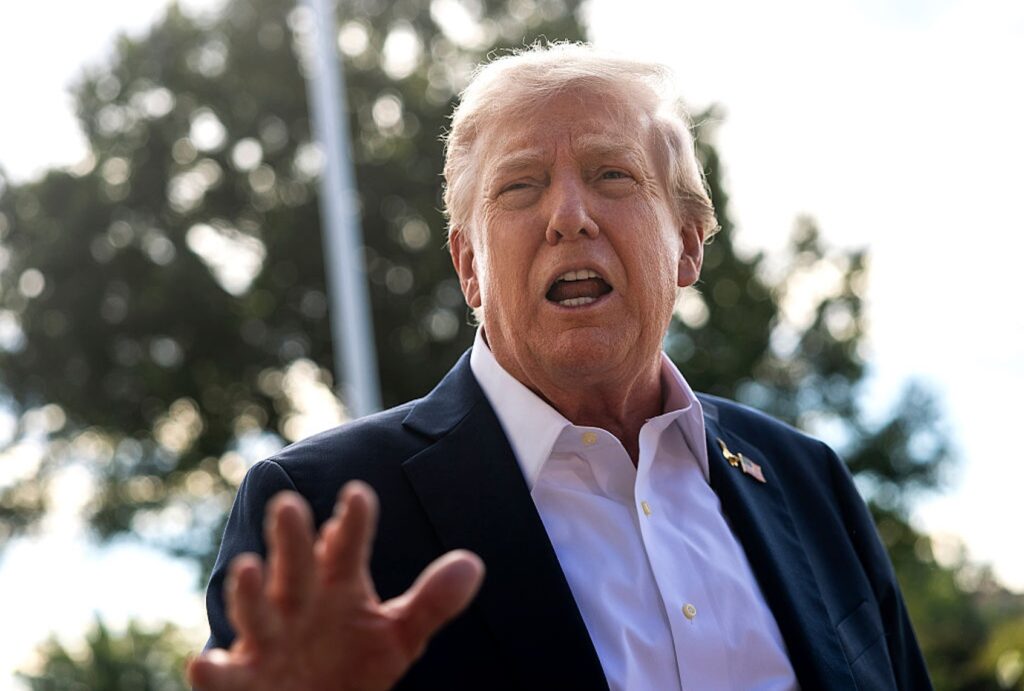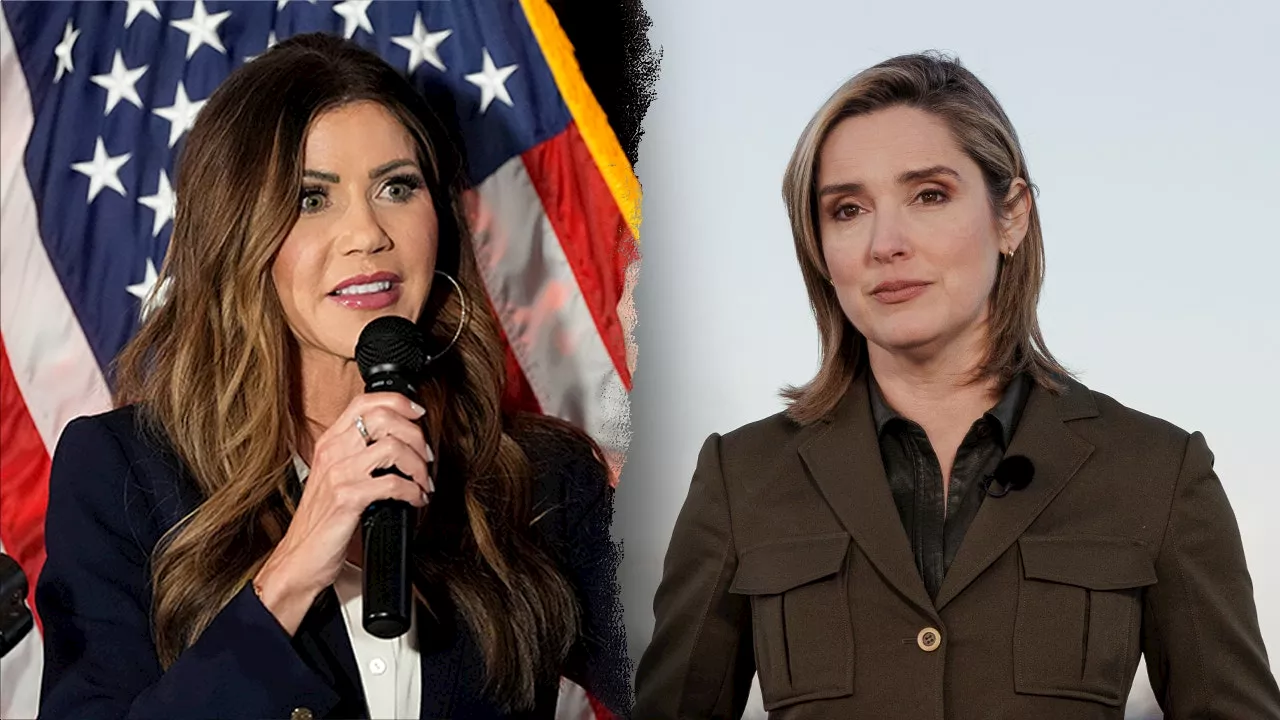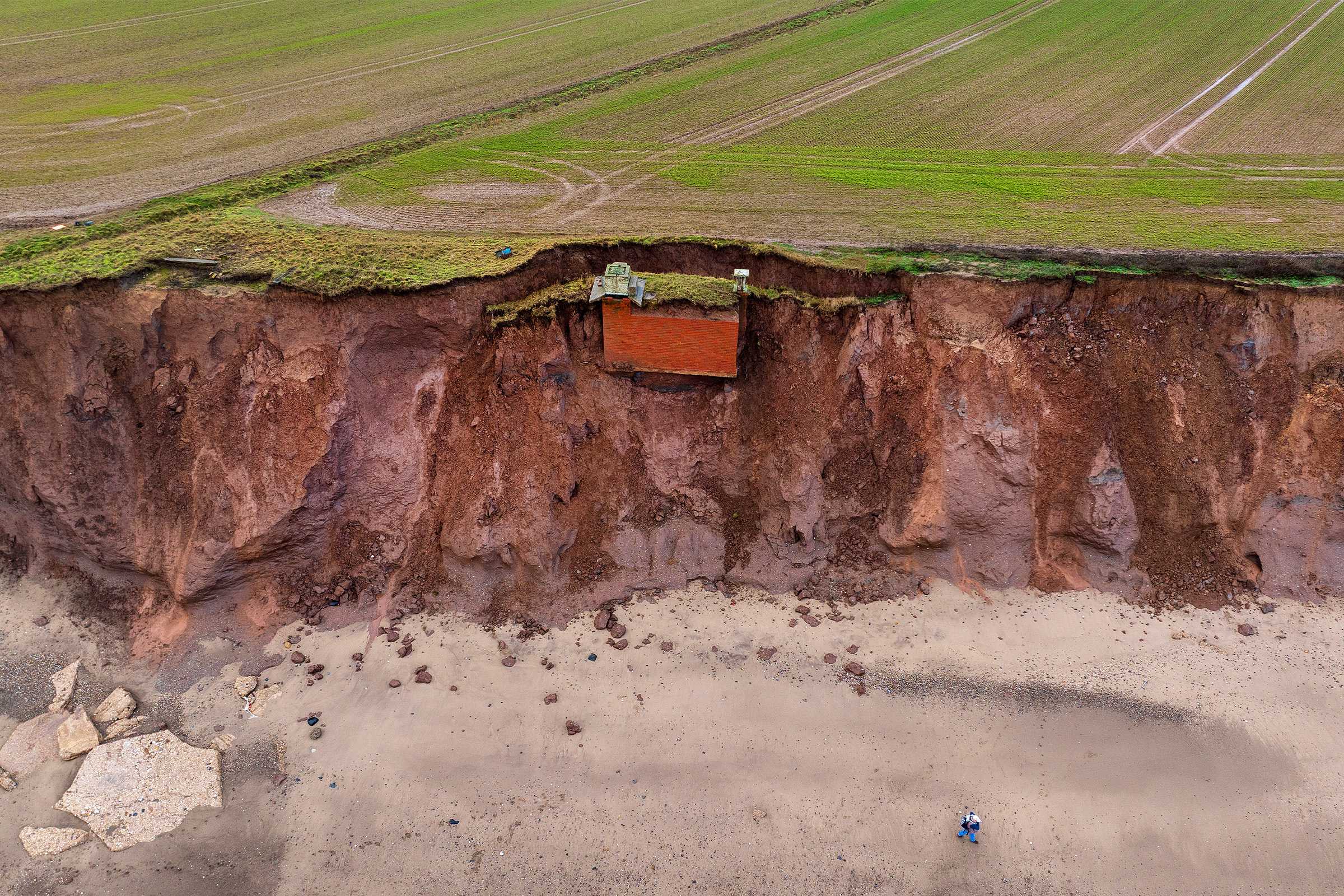
WASHINGTON, DC - SEPTEMBER 26: U.S. President Donald Trump speaks to members of the media as he departs the White House September 26, 2025 in Washington, DC. Under pressure from Trump, the DOJ indicted former FBI Director James Comey on counts of making false statements and obstruction of a congressional proceeding related to the September 2020 Russia investigation. (Photo by Kevin Dietsch/Getty Images)
Former President Donald Trump has ignited controversy with recent posts on his social media platform, Truth Social, where he made unverified claims about federal troop deployments and promoted an AI-generated video regarding healthcare technology. These actions have raised questions about his reliance on potentially misleading media sources, particularly Fox News.
On March 16, 2024, Trump asserted that he had authorized federal troops to protect what he described as “war-ravaged Portland,” stating they would be deployed with “full force, if necessary.” This declaration followed a series of posts where he shared an AI-generated video promoting fictitious healthcare technology, claiming it would restore health to sick Americans. In the video, which Trump suggested was from a Fox News segment, he stated, “Every American will soon receive their own med bed card,” promising a “historic new healthcare system” that would revolutionize medical care.
The video, however, did not air on any Fox News program, as confirmed by Media Matters and investigative journalist Jacqueline Sweet. The so-called “med beds” touted in the video are not real, despite claims from some conspiracy theorists that they are linked to secretive healthcare advancements. Many supporters of the QAnon movement expressed enthusiasm over the notion that Trump would unveil hidden cures, reflecting a deep-seated belief in alternative solutions to persistent health issues.
Following the widespread dissemination of the video, Trump deleted the post the next morning, but not before it had garnered considerable attention online. Critics argue that such misleading information can foster dangerous misconceptions, particularly among individuals facing serious health challenges. Reports indicate that some followers have refused conventional medical treatment, believing instead in the miraculous capabilities of the non-existent technology.
As Trump continues to interact with media narratives, his actions may be influenced by selective or sensational coverage. On the same day he made his claims about Portland, he also used outdated footage from past protests to justify military action. Tina Kotek, the Governor of Oregon, expressed her concerns during a phone call with Trump, stating, “There is no insurrection or threat to public safety that necessitates military intervention in Portland.” She emphasized that relying on older footage does not accurately reflect the current situation.
In response to Trump’s assertions, the Oregon state government filed a lawsuit against his administration, referencing the misleading nature of the Fox News report that prompted his deployment of the National Guard. Senator Ron Wyden criticized Trump’s approach, suggesting that the former president’s perception of Portland is shaped by outdated media portrayals.
Despite this, Fox News continued to air clips that misrepresented the state of affairs in Portland, further complicating the narrative. On one occasion, host Griff Jenkins described the situation as “not a peaceful protest,” while the footage used was more than three weeks old. This discrepancy highlights a concerning trend in how media narratives can influence political decisions and public perception.
Trump’s reliance on media portrayals raises critical questions about the impact of misinformation in politics. In a recent interview, he acknowledged the disconnect between what he sees on television and the reality presented by local officials, indicating that he may be increasingly susceptible to sensationalized narratives.
As the political landscape evolves, the implications of such media influences on decision-making processes remain significant. The intersection of media, politics, and public health continues to be a vital area for scrutiny, particularly as leaders navigate complex issues affecting millions of citizens.







